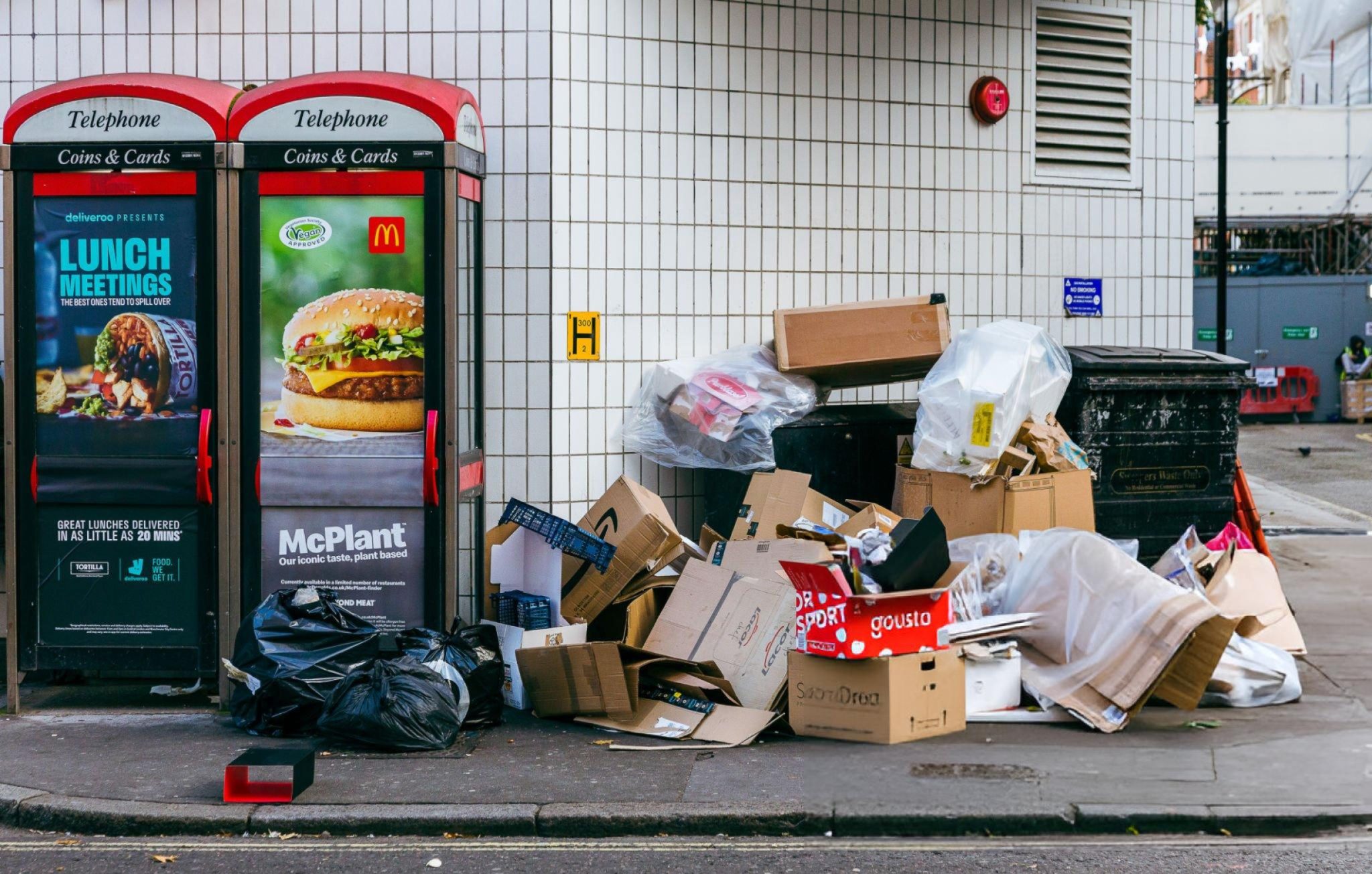Fly-tippers who continue to blight Britain’s streets with illegal rubbish dumping face having their vehicles seized, crushed, and being jailed for up to five years under tough new measures announced by the Government.
As part of a nationwide crackdown, drones and roving mobile CCTV units will be deployed to track down the vehicles of serial offenders. Once identified, these vans and cars could be destroyed under new legislation being brought forward to combat what has been described as an “avalanche of rubbish” across communities.
The move comes as figures reveal a 20% rise in fly-tipping since 2019, with over 1.1 million incidents reported each year. Yet, in a concerning contrast, prosecutions for the offence have fallen by a fifth, leaving many local authorities struggling to enforce the law.
London is the worst affected area in England, with more than 440,000 fly-tipping cases recorded in 2023-24—more than double the national average. That equates to approximately 50 incidents per 1,000 residents. Croydon topped the list, followed closely by Camden and Hackney.
Under the new plans, offenders caught illegally transporting or disposing of waste will face harsher punishments, including the threat of five years’ imprisonment. Councils, who have previously struggled with the red tape involved in seizing and storing offending vehicles, will now see that burden eased. New legislation will shift the financial cost of seizure and storage onto the fly-tippers themselves.
Muhammed Butt, leader of Brent Council, welcomed the announcement, declaring: “Our residents have had enough of the dumpers who pollute their neighbourhoods with rubbish. These new powers will be a welcome addition to our arsenal, reinforcing our zero-tolerance stance on fly-tipping. We’ve already seen the benefits of targeted action, and I am determined to use every tool available, including vehicle seizure, to reclaim our streets.”
The reforms come at a time when some councils are facing eye-watering bills to clean up the damage. In March, Harrow Council revealed it had spent nearly £350,000 clearing tonnes of waste illegally dumped on council-owned land slated for housing development. The land, previously used as a car park for special needs transport, had become a hotspot for dumping, despite plans for 149 homes at the Byron Quarter site.
As part of a broader effort to professionalise the waste disposal sector, the Environment Agency will be granted expanded powers. This includes authority to perform identity and criminal record checks on those operating in the waste industry. The aim is to root out rogue operators and bring more oversight to a sector often exploited by illegal traders.
The Environment Agency will also benefit from increased funding, allowing more staff and resources to issue enforcement notices, levy fines, and oversee permit requirements more effectively.
Environment Secretary Steve Reed said the Government’s Plan for Change marks a decisive shift in tackling environmental crime. “Waste criminals and fly-tippers who blight our towns and villages have gone unpunished for too long. That ends today. The Government is calling time on fly-tipping. I will not stand by while this avalanche of rubbish buries our communities.”
He added, “Under the Plan for Change, this Government will seize and crush fly-tippers’ vans to clean up Britain’s streets.”
The new powers are expected to come into effect later this year, with local authorities across the country gearing up for increased enforcement. Residents are also being urged to report suspicious activity and make use of council services to dispose of waste legally.
With the Government signalling it will no longer tolerate the illegal dumping that has long plagued urban and rural communities alike, many hope these measures will bring cleaner streets and tougher consequences for those who disregard public spaces.






